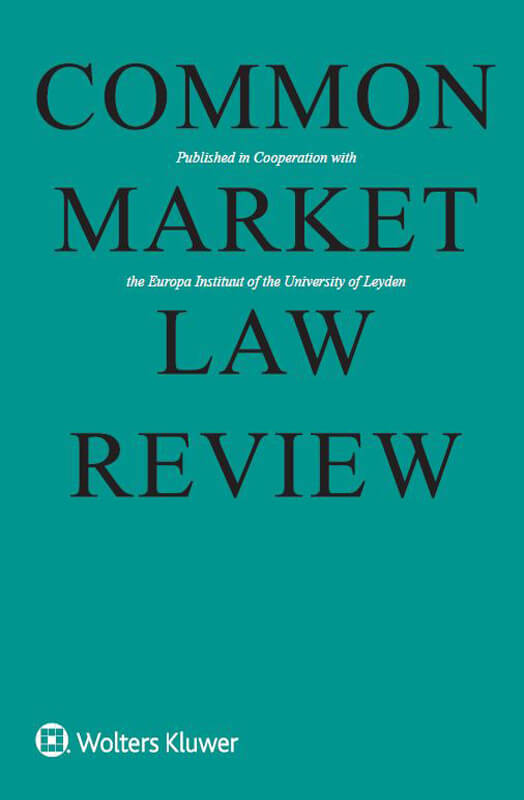Home > All journals > Common Market Law Review > 60(5) >

$25.00 - Rental (PDF) *
$49.00 - Article (PDF) *
Fulvia Ristuccia
Common Market Law Review
Volume 60, Issue 5 (2023) pp. 1227 – 1268
https://doi.org/10.54648/cola2023092
Abstract
In EU citizenship law, dependency is a pivotal concept when it comes to the rights of non-EU family members of Union citizens. Under certain circumstances, those family members may earn a derived right to reside, either because they are dependent on a Union citizen or the latter depends on them. The concept of dependency is particularly crucial in the Ruiz Zambrano doctrine, according to which Article 20 TFEU grants a derivative right to reside in the EU citizen’s home State to the non-EU family member if their departure would compel the dependent Union citizen to leave the territory of the EU as a whole, thus impinging on the substance of citizenship rights. Due to the significance of dependency in Ruiz Zambrano cases, where it triggers the application of EU law, that concept is continuously evolving. This article, therefore, aims to review the development of the notion of dependency, its intertwined dimensions – legal, financial, and emotional – highlighting the differences in the degree of dependency expected in free movement (when required) and in Ruiz Zambrano cases, and the increasingly divergent role of fundamental rights in the appraisal of dependency for children and adults.
Keywords
EU citizenship law, dependency, Ruiz Zambrano doctrine, third-country nationals, free movement law
Extract
